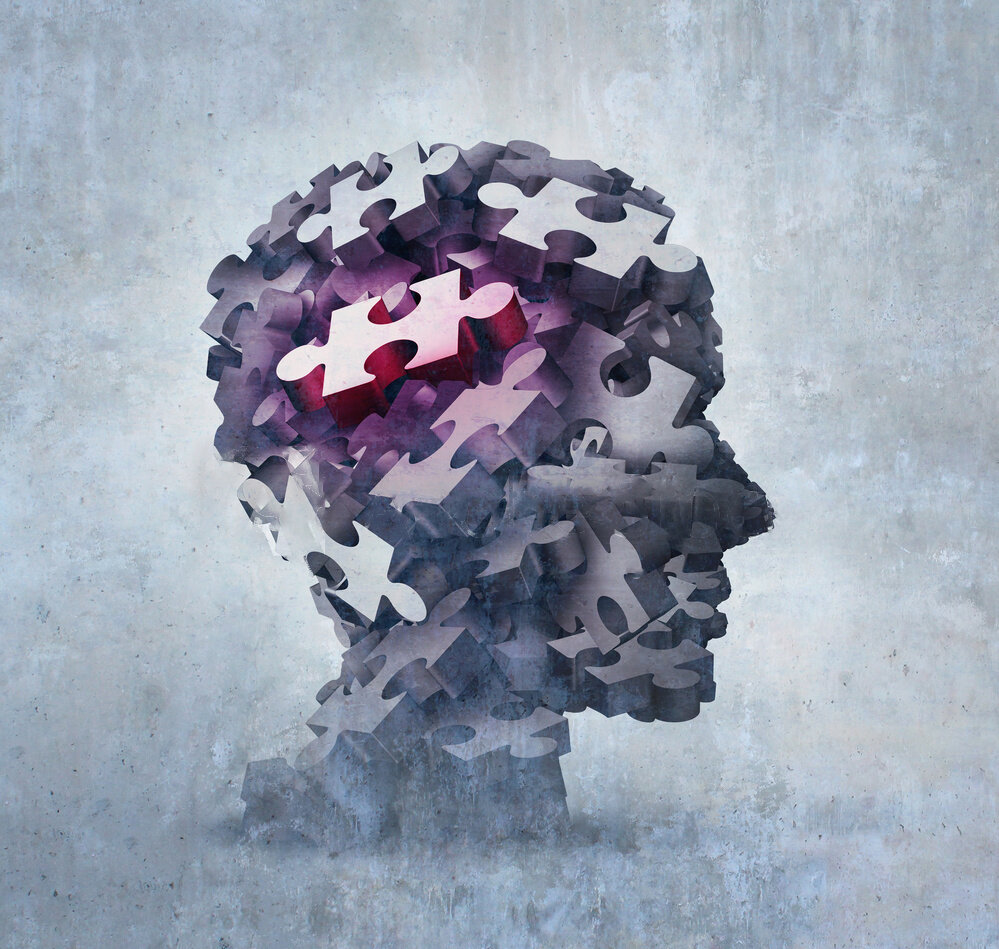
Mood Disorders
What is a Mood Disorder?
Anyone can feel sad or depressed at times. But mood disorders are more intense and last longer. They are also harder to manage than normal feelings of sadness. Mood disorders come in many different forms, but all of them cause such severe disruption to your emotional well-being that they can make it tough to lead a gratifying and functional life.
In mood disorders, these feelings are more intense than what a person may normally feel from time to time. It’s also of concern if these feelings continue over time. Or if they interfere with someone's interest in family, friends, community, or work. Any person who has thoughts of suicide should get medical help right away.
Some of the more frequently occurring mood disorders include:
Major depressive disorder
Bipolar disorder or bipolar affective disorder
Seasonal affective disorder (SAD)
Cyclothymic disorder
Premenstrual dysphoric disorder (PMDD)
Persistent depressive disorder (dysthymia)
What are the Symptoms of Mood Disorders?
The symptoms of mood disorders can vary depending on the type of disorder you have. You may feel persistently down and sad, cry constantly, have trouble sleeping, and find it hard to focus and concentrate or remember as well as you normally would. You might feel angry or overexcited, for example, when in a manic phase, people who have bipolar disorder often feel elation and invulnerability that causes them to behave irrationally and take risks.
Interestingly, different people who have the same mood disorder can also experience a different set of symptoms from each other. For instance, some people who have persistent depressive disorder may find it difficult to get to sleep, waking often and sleeping very little through the night. Other people with the condition might sleep for 12 hours or more at night and take naps in the daytime as well.
I think I’m experiencing mood problems, what should I do?
Once you have a diagnosis of your mood disorder, Ajit Kalayil will create a treatment plan that he tailors to your individual needs, circumstances, and condition. Typical treatments for mood disorders are psychotherapy, medication, or most often, a combination of the two.
If mood problems are impacting your daily life, it’s important to seek help from a qualified mental health professional. In most cases, mood disorders can be successfully managed with therapy and medication. Ajit Kalayil is a Psychiatric Nurse Practitioner who specializes in diagnosing and treating mood disorders at his clinic in Chicago and has considerable experience in helping patients who are struggling to cope. Find effective treatment solutions for your mood disorders and other mental health issues by calling Kalayil Psychiatry today or schedule an appointment online.




